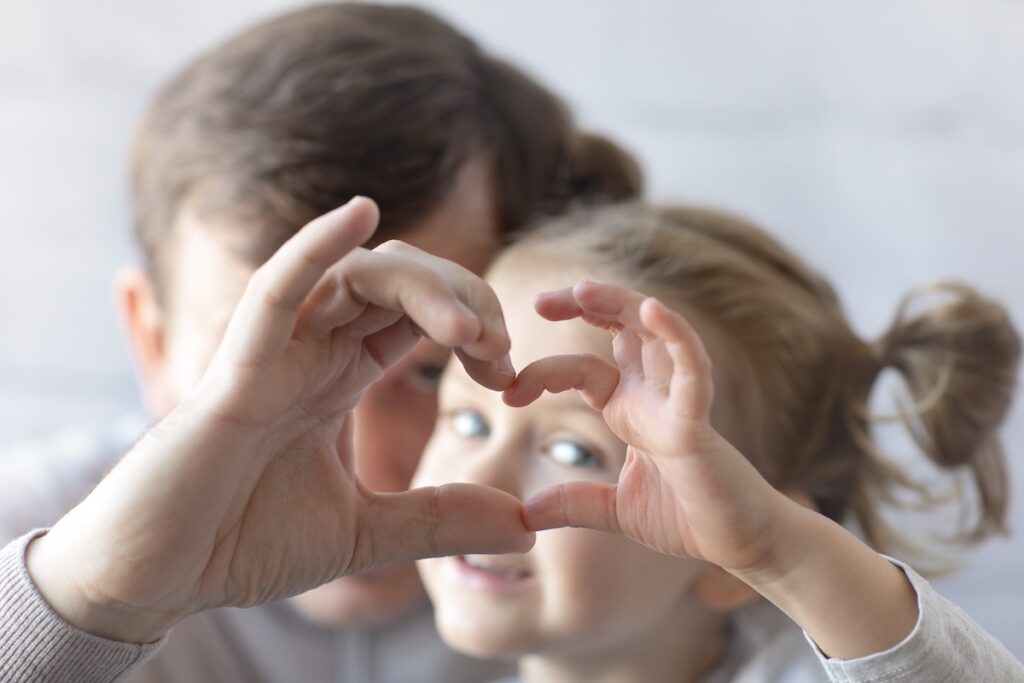First love in teenagers is an important stage of maturation. The hormonal background is reorganized, there is interest in the opposite sex. Against this background, there are changes in the nervous system and emotional background. This is a difficult and wonderful time for any person.
It is hard because the whole body is stressed by new sensations. And beautiful, because it is during this period that yesterday's children learn beautiful feelings. Unfortunately, more often than not, first love is unhappy. Immediately or subsequently.
Increased emotionality also makes itself felt. Therefore, such drama can be a very serious challenge for a teenager.
Some teens just can't cope with the wave of feelings and decide to take terrible steps. That is why it is so important not to ignore your teen's feelings. You need to help them deal with their strong feelings.

Teenage love - what parents should do
The most important thing parents should do throughout their child's adolescence is to be there for them and support them.
Of course, it is necessary for a child at any age. But it is in the transition period that children need the support and understanding of an older companion as much as possible. And if they do not find such a person in their parents, they look for him among the environment.
Under no circumstances should a child's feelings be belittled. Make fun of them or forbid any relationship with the opposite sex.
Remember that for a teenager at this point, this is the real meaning of life. And without this love, they seriously consider themselves nothing.
The instinct to reproduce is inherent in human nature from a fairly young age. Moral and ethical norms do not allow too serious relationships between teenagers. But nature can't explain it.
Physiology and psyche will try with all their might to make the teenager think only about the object of his love. Therefore, it is important to realize that this is not just a whim. It is an evolutionary mechanism operating at the psychological and physiological level.
And if such love ends in a breakup, special efforts must be made to support the teenager.

How to help a child
Teenagers themselves are very prone to low self-esteem. This is the age when children are dissatisfied with themselves in everything. Therefore, a breakup or unrequited love can be a particular blow to self-esteem.
Even if your child's feelings seem too frivolous to you, just remember yourself. Even most adults act like silly children when they fall in love. Love shuts down logic and prevents you from really assessing the situation.
First, talk to your teen about how he or she is feeling at the moment. Let him or her say everything. If he or she can't explain some of the feelings, help him or her to understand.
Feel free to talk about your experience of your first crush. But again, don't say that you think it's nonsense now. Think back to yourself. Back then, you thought it was very serious.
Explain that these feelings will pass with time. But don't go overboard. Do not mention that this will happen many times in your life and that the current experiences will be forgotten and become insignificant.
Show that you understand the importance and depth of what the child is feeling right now.
Try to distract your child. Children are usually easy to engage and also easy to switch. Take your child on vacation, offer new hobbies, change the room or image together with him. Any change and new experiences will help to displace worries and not dwell on love disappointment.
Don't burden your child or put pressure on him. But don't let him cherish his worries and forget about the real world. Responsibilities are responsibilities. Do not compare love feelings with illness and exempt your child from any housework, homework or school work.
Let the child realize that life has not stopped or ended. It goes on as it always has. This will help to get out of the state of apathy after the breakup faster.
Remember that teenage love is a normal part of growing up and practicing emotional maturity. It is an experience that everyone should have. And there is no way to protect a teenager from it, and there is no point.
So just be there for him and help him live this lesson and make the most out of it.






